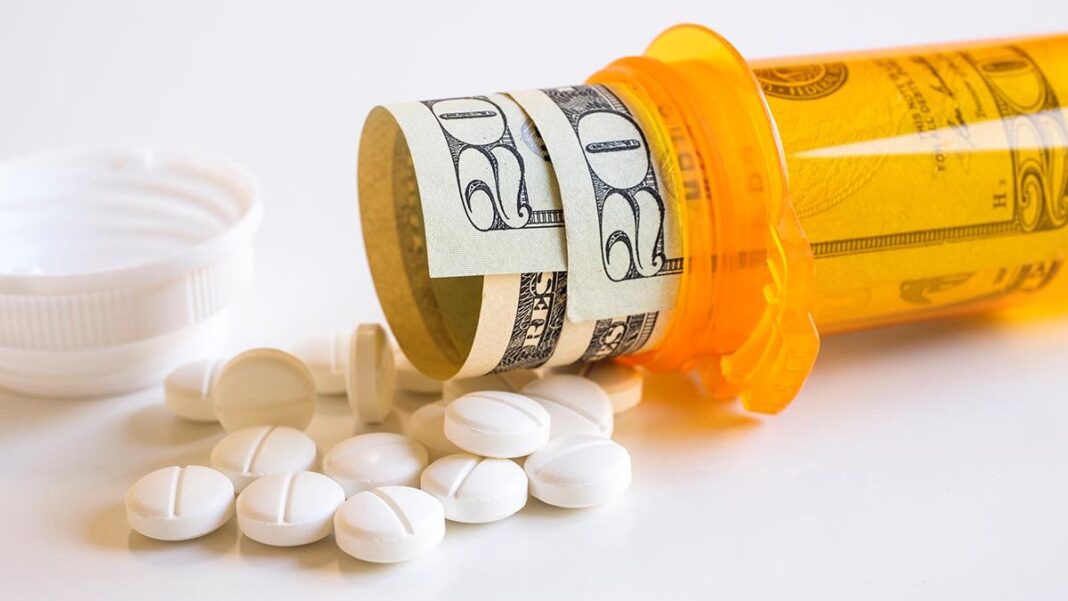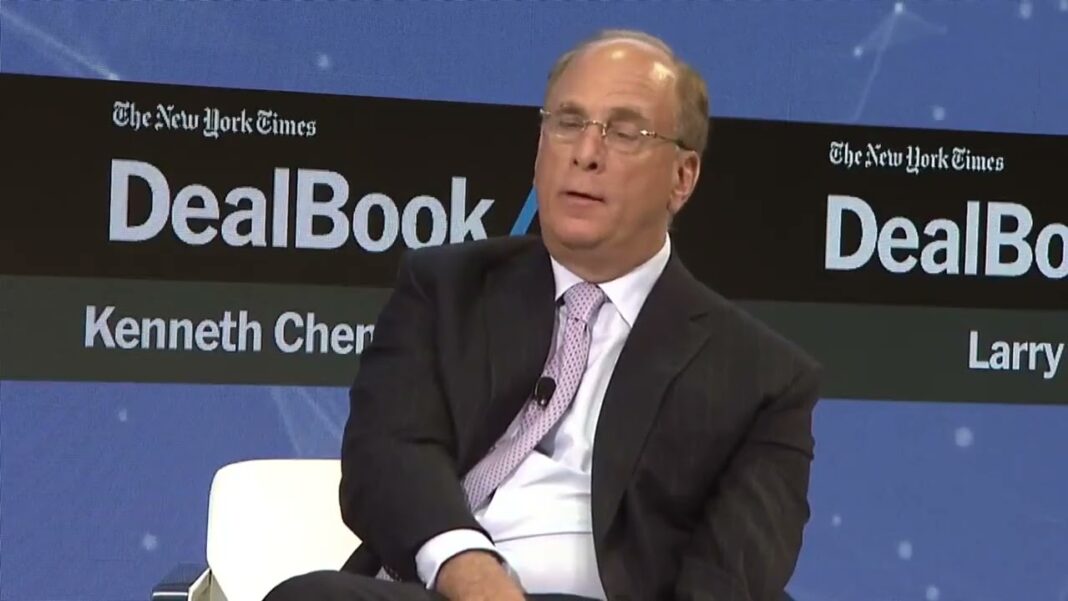Medical associations founded to help drive innovation in disease treatment and medical care are influenced by pharma investments, allege experts
Professional medical associations (PMAs) are foundational to the U.S. medical system, developing practice guidelines, providing medical education, and publishing journals. While there are scores of PMAs, probably the most well-known and largest are the American Heart Association (AHA), with over 33,000 members, the American Academy of Pediatrics with over 64,000 members, and the American Medical Association (AMA), with more than 200,000 members.
Yet, according to doctor-authored opinion pieces in medical journals, conflicts of interest (COIs) such as a lack of transparency about industry money received, can present ethical challenges. For example, does funding from a drug or device maker influence an association’s recommendation in its official guidelines? There are reasons to be concerned that it might.
Such conflicts of interest “require PMAs to maintain a high degree of academic independence and scientific integrity by avoiding inappropriate influence from commercial interests,” wrote Dr. Steven Nissen in the Journal of the American Medical Association (JAMA). Dr. Nissen, named one of the most influential people in 2007 by TIME magazine, told the Cleveland Jewish News, “Some physicians focus only on their medical practices, but along with actively maintaining mine, I have chosen to speak out on matters of public policy” and “to be free of conflict of interest, I never receive an honorarium from any drug company I work with.”
Financial Conflicts of Interest Identified in the British Medical Journal
Researchers writing in the BMJ in 2020 followed the “money trail” of several prominent PMAs and found their leaders received significant drug maker largesse between 2017 to 2019.
“Leaders of the North American Spine Society received more than $9.5 million for general payments,” wrote the researchers. Orthopaedic Trauma Association leaders received more than $4.7 million during the time period. Michael McKee, MD, president, Orthopaedic Trauma Association, responded to the research article by saying most of that funding was for research. Other PMA leaders took money for similar reasons.







